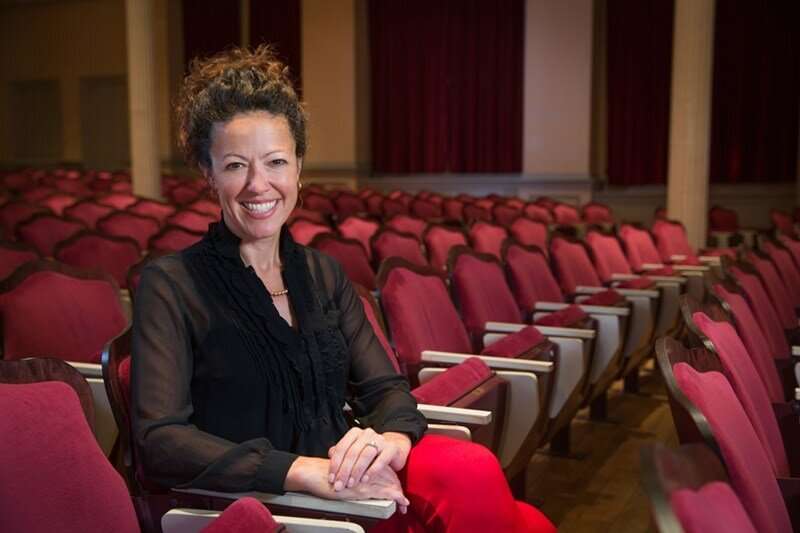Study finds majority of public is unfamiliar with ballot measures

Political science researchers used a new approach to gauge the public's knowledge of ballot measures and found that overall, fewer people have general knowledge of ballot measures than previously thought.
The survey also found that some people misrepresent their knowledge of issues on the ballot. The researchers' results were published in Political Behavior.
Janine Parry, professor of political science at the University of Arkansas, worked with Jay Barth of Hendrix College and Craig Burnett of Hofstra University to analyze data through the Arkansas Poll, an annual poll of more than 800 Arkansans conducted by U of A researchers. Seventy-five percent of respondents identified themselves as "very likely" to participate in upcoming elections.
"Our measurement approach—which we contend is a more valid gauge of voters' knowledge about such proposals—asked voters themselves to identify the measures purportedly motivating them," the researchers explained. "Most failed. We suspect that when asked by past researchers if they had 'read or heard about Proposition X,' most voters said 'yes' not because a robust policy discussion brought the matter to their attention, but because affectively 'yes' is the correct answer."
The researchers found that around half of the people surveyed in 2014 and 2016 expected to see issues on upcoming ballots, and even fewer could recall one or more specific measures. The researchers also found that respondents with higher levels of education, political interest and knowledge of national politics were the most likely to claim they knew of ballot measures without being able to name any specific measures.
Similar polls have found that between 64 and 75 percent of respondents were familiar with ballot measures. However, in those polls, respondents were simply asked to answer yes or no to questions about specific ballot measures. In the Arkansas Poll, respondents were first asked whether they were aware of any ballot measures in the upcoming election. If they answered yes to that question, they were then asked which measures were of particular interest to them.
These questions allowed the researchers to measure how many respondents had actual knowledge of ballot measures, and it gave insight into the number of respondents who misrepresented their amount of knowledge—answering yes to the first question, and then being unable to come up with a specific ballot measure.
In 2014, 46 percent of respondents claimed to know of initiatives or referendums on the upcoming ballot, but only 30 percent of the respondents could name one of the five measures. In 2016, 49.2 percent claimed knowledge of ballot measures, but only 23 percent of all respondents could name at least one. In both years, the number of respondents who were familiar with all the measures on the ballot was less than 1 percent.
The poll also included measures of education, political knowledge and interest in politics. When researchers took these into account, they found that people with lower levels of education and political knowledge and interest were more likely to report that they were not aware of any ballot measures. Respondents with higher levels in these areas were more likely to demonstrate knowledge of ballot measures, but they were also more likely to claim they knew of ballot measures without being able to name any specific measures.
More information: Jay Barth et al. Direct Democracy, Educative Effects, and the (Mis)Measurement of Ballot Measure Awareness, Political Behavior (2019). DOI: 10.1007/s11109-019-09529-w
Journal information: Political Behavior
Provided by University of Arkansas

















